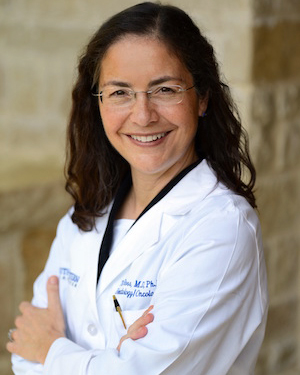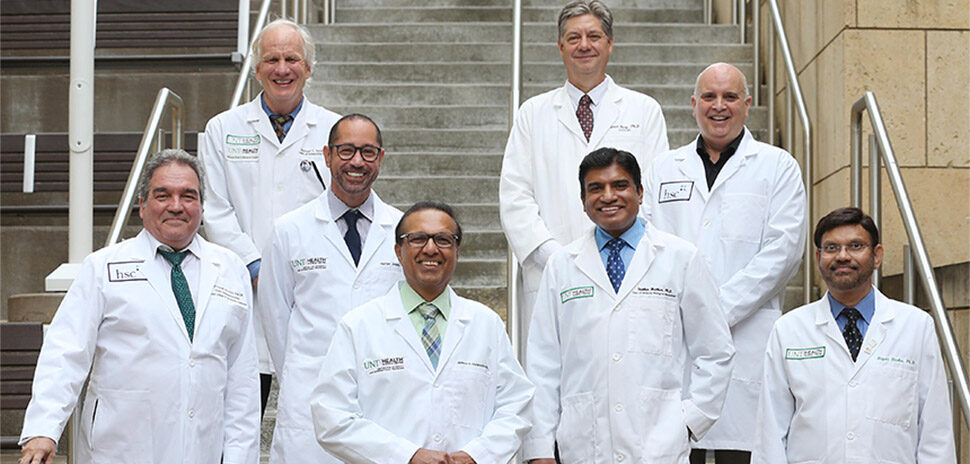
[Photo illustration by DeoSum via iStock]
Cancer researchers in Dallas have identified a specific gene that fights tumors and can prevent several forms of cancer.

Dr. Theodora Ross [Photo Courtesy UT Southwestern Medical Center]
Researchers from the Harold C. Simmons Comprehensive Cancer Center at UT Southwestern Medical Center also determined that if the gene, known as BRCA1, mutates, it puts the patient at a greater risk for cancer.
“One of the great mysteries in cancer research is why inherited mutations, such as those in BRCA1, cause cancer only in specific tissues such as the breast and ovaries, rather than in all tissues,” UT Southwestern professor Dr. Theodora Ross said.
Gene mutations also can also intensify the side effects of chemotherapy, Ross said.
The study was published in Cell Reports.
More reading on cancer:
Researchers: Gene Could Help Predict Brain Cancer Outcomes
UTSW Researchers Make Lung Cancer Breakthrough
Delivering what’s new and next in Dallas-Fort Worth innovation, every day. Get the Dallas Innovates e-newsletter.
R E A D N E X T
-
The investment was led by Advantech Capital, a PE fund based in China that focuses on TMT, pharmaceuticals, and healthcare. This combined with the support from the Cancer Prevention and Research Institute of Texas (CPRIT), which granted OncoNano $9.97 million last year, will support Phase 3 clinical trials for the biotech's technology that can diagnose and treat cancer with high specificity.
-
In this weekly roundup of executive moves in North Texas, you'll also find news from Liberty Capital Bank, Krista Software, Tuesday Morning, Trive Capital, Cantey Hanger, UNT, JUNO, NuZee, Jaunt Air Mobility, Korbyt, and ID90 Travel.
-
Southlake-based OncoNano Medicine uses pH-sensitive nanoparticle technology to "light up" cancer for real-time surgical imaging. The multi-year collaboration will seek to uncover new cancer therapies that can benefit from OncoNano's technology. OncoNano raised $50 million in Series B funding in June.
-
The Cancer Prevention and Research Institute of Texas awarded a $3.9 million grant to The University of North Texas Health Science Center (HSC) in Fort Worth to expand a program that aims to create more diversity in the medical and biomedical sciences fields.
-
The Bedford-based biotech will use the capital from the National Eye Institute of the National Institutes of Health to advance its gene therapy that treats age-related macular degeneration. Earlier this summer, Nanoscope Therapeutics announced it successfully treated 11 patients who were blinded by advanced retinitis pigmentosa.






























